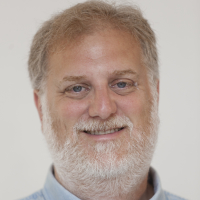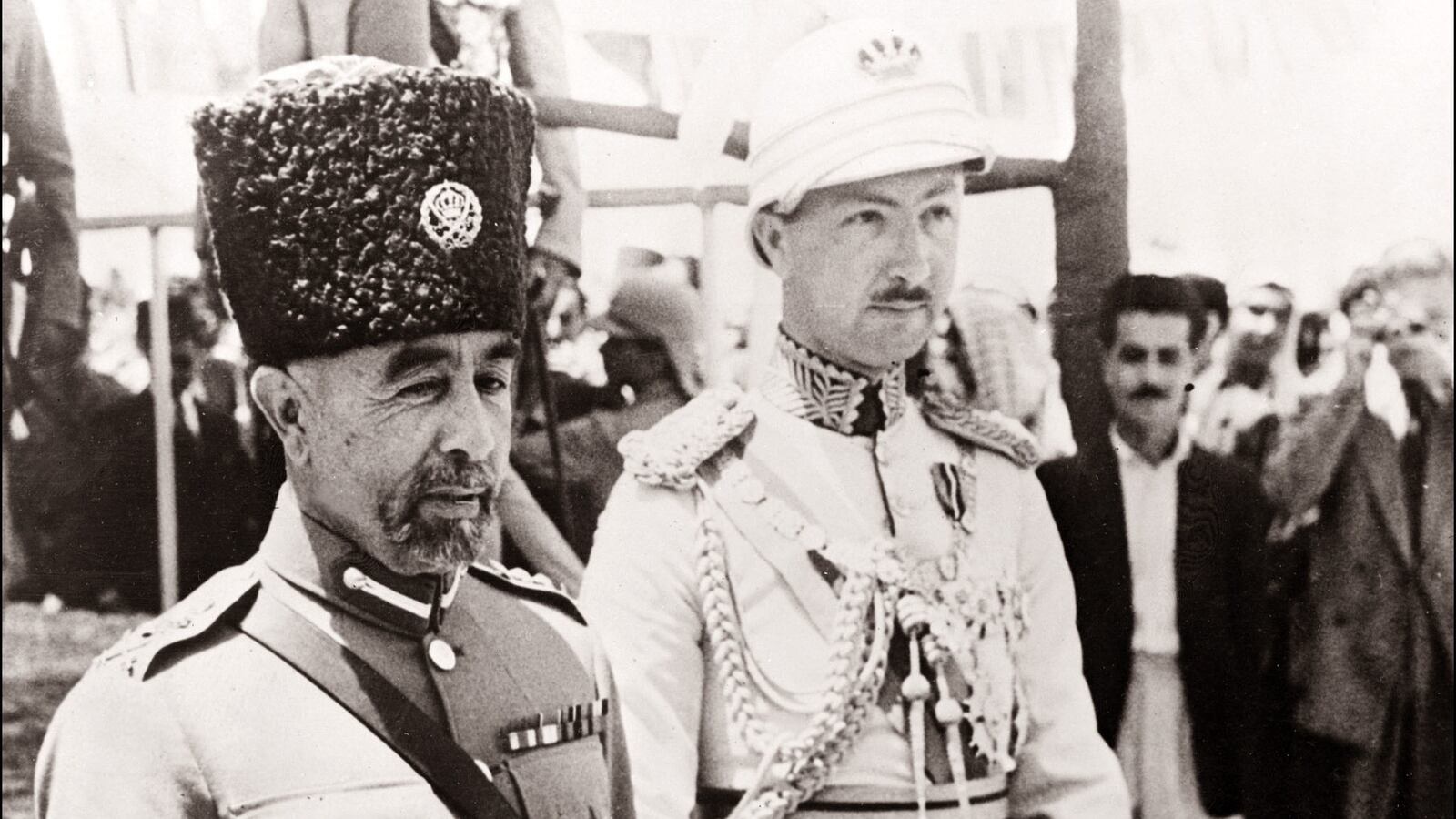Amid the endless, endless verbiage, the haggling, the suffering, in Israel's conflict with the Arabs of Palestine, in the end it all boils down to this: There are just two sides here: the people who think it's complicated, and the people who don't. That is the real division, and it slices through every other marker, be it religious, cultural, ethnic. Those of us who see justice on both sides, pain on both sides, reason on both sides—in varied and shifting proportions, and invariably, greater or lesser sympathy for one or the other, and those who think they and theirs have never been in the wrong and ever and always in the right.
In his latest piece, Yousef Munayyer again firmly allies himself with the folks for whom it's all very simple. Zionism is evil, Israel is evil, sustained by malevolence and historical blindness, to be undone at a stroke and all will be well. His Manichean view leads him to assert as fact that "[g]iven the realities of history and the disparity of power, it would have been something of a miracle if the Zionists had not been victorious." Is the outcome of any war that obvious from the get-go? Do I even need to spell out all the ways that the Jews could have lost the war in 1948, if one thing or another had gone differently, or the sheer inanity of seeing the Jews, barely three years after the Holocaust, with all that implies, as some kind of indomitable Goliath?

Okay, here are a few: What if the siege on Jerusalem had never been broken? What if the UN hadn't imposed the arms embargo that undercut the Arabs and took them by surprise, while leaving the Jews' more obviously risky clandestine arms-smuggling networks paradoxically untouched? Could anyone have known beforehand where the Armistice lines would run, or whether there would even be an Armistice line at all? Did anyone at the time see Jewish victory as the slam-dunk certainty that Yousef claims in retrospect? And more to the point, why does Jewish victory in 1948 need to be inevitable in order for Jews to recognize that for so many Palestinian Arabs that victory was a catastrophe?
Should the Israeli police have detained the Zochrot activists on Independence Day? Of course not. Should Israelis be aware of the Palestinian villages that once stood where their homes are now? Of course they should. Will fostering that awareness help advance peace if the underlying message is that the State of Israel is entirely illegitimate, founded in nothing but sin and nothing but sinning to the present day? No. By the same token, will pursuing BDS with no corresponding boycott of Palestinian extremists, without regard for achieving coexistence and cultivating a shared sense of humanity bring, not Zionist surrender, but peace? No.
In making his arguments about the inevitability of 1948 Yousef is trying to undo the notion of Jewish vulnerability, to wit, you never were vulnerable, you aren't today, you have nothing to fear from abandoning your sovereignty. But paradoxically, it is only by recognizing the deep sense of vulnerability running through Zionism and Israeli policy throughout running through Jewish life that Jewish Israelis will be able to look the Palestinian catastrophe in the face.
Unremitting rhetorical attacks on Israel and Zionism, a discourse that has no room for genuine questions and is nothing but exclamation points is not only useless, but deeply, profoundly counterproductive. When I feel existentially attacked, my back goes up, my formulations harder, I become more combative. Sadat understood that, conveyed convincingly that he did, and Menachem Begin responded in kind. Arafat never did, or chose not to, and happily destroyed the Israeli left in the Second Intifada.
The Palestinians are stuck for many reasons and one of them, paradoxical though it may sound, is a continuing failure by so many of them to understand the reality and depth of Jewish vulnerability. I am willing to absorb Palestinian anger at Israel; much, though not all of it is justified; but not at the cost of suicide. The competition of narratives will get us nowhere.
Let's say that the fiercest critics of Zionism are right. Let's say that if Theodore Herzl had been a more successful playwright or accidentally stepped in front of a fin-de-siecle streetcar, the world would be a better place. Okay, now what? There are currently several million people, Arabs, Christians, Muslims, Jews, currently living between the Jordan and the Sea. What do you, I any of us, propose to do? And what do we propose to do that will limit as much as possible, man-made suffering, on all sides? And whatever one proposes (two states, bi-national state, autonomy for one group or the other), what will it look like, how will it work—assuming, accepting, and, in truth, positively affirming, that neither one of us is going away?
My own (perhaps utopian) hope is some sort of federated Israel-Jordan-Palestine, coming after Palestinian independence, with each party feeling enough genuine security, physical and existential, that they can actually look honestly at themselves, their assumptions, and one another, and talk. Between here and there is a long way to go, and wishing away the reality of hurt and suspicion is in its own way as unhealthy as being enslaved by them.
It's complicated, but accepting that it's complicated is the only way forward.
On a wintry night in December 1982, my late, revered teacher Rabbi Yehudah Amital spoke at the founding meeting of a religious peace movement, Netivot Shalom. Rav Amital, a Holocaust survivor and Haganah veteran, had, fifteen years earlier, founded the yeshiva in the flagship settlement of Gush Etzion. Under the impress of wars that killed his students, and actions that maimed his values, he staked out a new, and in his world deeply unpopular stand.
There are three false messianisms afoot in the Land of Israel today, he said that night. Peace Now, Ariel Sharon and—here, talking about some of those closest to him—the settler vanguard of Gush Emunim. Each one, he said, tries to address our very complex reality with a simple, one-dimensional answer, respectively good intentions, force, and faith. We need them all, he said, in a supple mix that does justice to our fundamental moral and spiritual obligations while respecting the complexity of our situation and our lives.
Ever since that night I've tried to find that blessed synthesis, of an appreciation for complexity and the moral compass to guide us through it. It's a hard one, but it is the only way.






